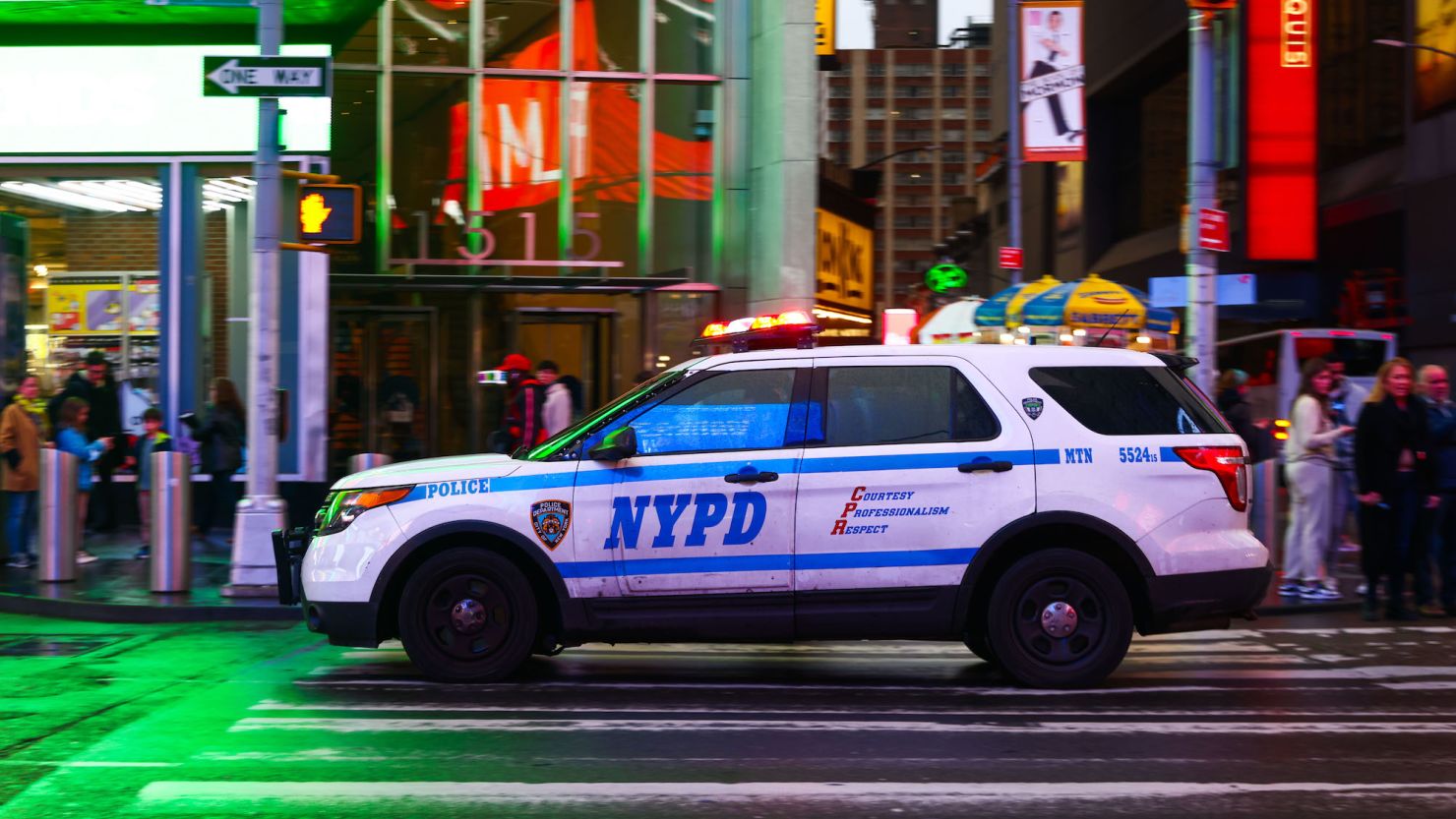The New York Police Department has agreed to prohibit officers from detaining anyone while running background checks on outstanding warrants in many instances, including in the event a person encounters police for minor violations, according to a class action lawsuit settled by the city on Friday.
Officers will only be able to detain someone if they have a reasonable suspicion that a crime is about to or has already been committed, according to the settlement.
The settlement essentially removes a method officers have used to catch violent offenders, which involved running warrant checks after they were stopped for lesser violations. Critics argue that the tactic was the latest example of the department conducting unwanted searches and seizures.
“For years, the NYPD maintained an unconstitutional practice of prolonging stops to run warrant and i-card (investigation card) searches, turning each of these stops into an unrelated fishing expedition and subjecting our clients to harassment by police,” Molly Griffard, staff attorney with the Cop Accountability Project at The Legal Aid Society, said in a statement.
“This settlement marks a change in the NYPD’s official policy and holds the NYPD accountable for infringing on the rights of New Yorkers,” Griffard said.
The NYPD and the Police Benevolent Association, the largest police union in New York City, did not immediately respond to a request for comment.
The New York City Law Department said the agreement was limited to the five plaintiffs in the lawsuit and “does not indicate a broad issue.”
“The NYPD is committed to upholding the constitutional rights of individuals, and has agreed to clarify existing policy to make it clear when officers can run a warrant query during a detainment,” the Law Department said in a statement.
As part of the new procedure, a person may now only be detained for as long as is necessary for investigators to determine their suspicion for stopping them in the first place. Once they have decided, they can no longer continue to detain the person and run additional searches to learn whether they are wanted in connection to another crime, have missed a court appearance or are late on paying a court summons, according to the settlement.
The NYPD has agreed to update their patrol guide and has already issued a memo to all officers advising them of the new rule. Training on the regulation is slated for January.
The department has also agreed to pay $453,733, of which roughly $36,000 is going to the five plaintiffs in the case, according to the settlement.


